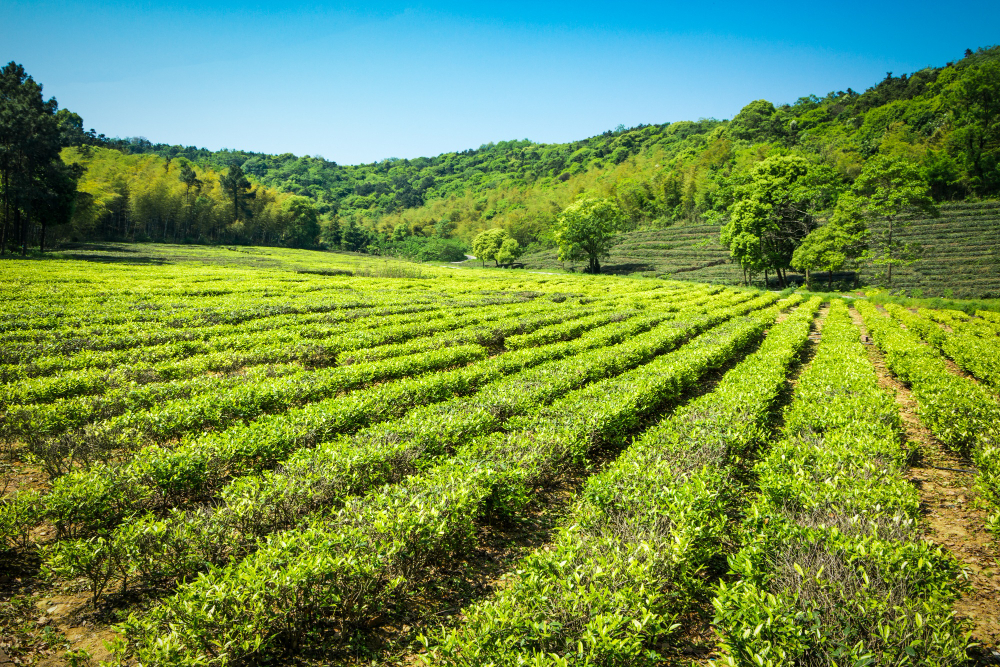Benefits
Environment friendly
Inexpensive Process
Healthiest Process
Sources of Employment
Generates income

Organic farming continues to be developed by various organizations today. It is defined by the use of fertilizers of organic origin such as compost manure, green manure, and bone meal and places emphasis on techniques such as crop rotation and companion planting. Biological pest control, mixed cropping and the fostering of insect predators are encouraged. Reasons for avocation of organic farming include advantages in sustainability, openness, self-sufficiency, autonomy/independence, health, food security, and food safety.
Organic farms make use of larger numbers of plant and animal species than conventional systems.As a result, the large pool of genetic resources for food is maintained and other useful organisms, such as predators, pollinators and soil micro-organisms are increased for the very benefit of the agricultural system.
Environment friendly
Inexpensive Process
Healthiest Process
Sources of Employment
Generates income
Organic farms make use of larger numbers of plant and animal species than conventional systems.As a result, the large pool of genetic resources for food is maintained and other useful organisms, such as predators, pollinators and soil micro-organisms are increased for the very benefit of the agricultural system.
Less output
Higher price
The lack of awareness
Organic products generally demand a higher price
Generates income
Pure organic farming means avoiding all unnatural chemicals. In this process of farming, all the fertilizers and pesticides are obtained from natural sources such as bone meal or blood meal.Integrated organic farming includes the integration of pest management and nutrients management to achieve ecological requirements and demands.
Excessive use of chemical fertilizers reduces the fertility of soil.
Excessive use of chemicals has led to soil, water, and air pollution.
To conserve ecosystem
To promote sustainable development.
Inexpensive farming.